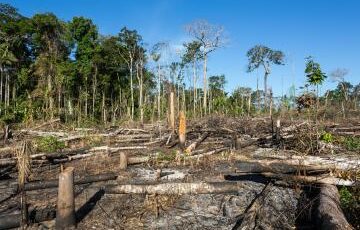
If you are involved in a dispute with the Netherlands Food and Consumer Product Safety Authority (in Dutch: “Nederlandse Voedsel- en Warenautoriteit (NVWA))”, it’s essential to understand the procedures and options available for resolving the issue. The NVWA is responsible for monitoring compliance with laws and regulations related to food safety, consumer products, animal welfare, and nature conservation in the Netherlands. Here are the steps you can take to address your dispute:
Steps to Address a Dispute with the NVWA
1. Understand the Nature of the Dispute
First, clearly identify the basis of your dispute. Common issues might include:
- Allegations of non-compliance with food safety regulations.
- Disagreements over inspection results or enforcement actions.
- Accusations of fraud or other regulatory breaches.
2. Initial Communication
Engage in direct communication with the NVWA to discuss the issue. Sometimes, disputes can be resolved through dialogue and clarification. You can contact the NVWA via their official channels for reporting and inquiries.
3. Formal Complaint
If initial communication does not resolve the issue, you may file a formal complaint. The NVWA has a process for handling complaints, which includes:
- Submitting a detailed description of the issue.
- Providing any supporting evidence or documentation.
- Requesting a review or reconsideration of the NVWA’s actions.
4. Legal Recourse
If the dispute remains unresolved, you may consider legal action. This can involve:
- Filing a lawsuit in Dutch courts. For instance, the NVWA has been taken to court over issues like overfishing and fraud negligence.
- Seeking legal advice to understand your rights and the best course of action.
5. Reporting Fraud or Misconduct
If your dispute involves allegations of fraud or serious misconduct, you can report these directly to the NVWA’s fraud investigation team. The NVWA uses both criminal and administrative measures to combat fraud and can impose penalties or take other corrective actions.
6. Mediation and Arbitration
In some cases, alternative dispute resolution methods such as mediation or arbitration might be available. These methods can provide a less adversarial and more cost-effective way to resolve disputes.
7. Follow-Up and Compliance
Ensure you follow up on any actions or decisions made by the NVWA. If the dispute involves compliance issues, make sure to address any identified deficiencies to prevent future conflicts.
Resources and Contacts
- NVWA Contact Information: You can find contact details and more information on how to report issues on the NVWA’s official website.
- Legal Advice: Consult with a lawyer who specializes in administrative law or food safety regulations to get tailored advice for your situation.
By following these steps, you can effectively address and potentially resolve your dispute with the NVWA. It is crucial to maintain clear communication and keep thorough records of all interactions and documents related to the dispute.
Dutch law firm specialized in NVWA disputes
For any legal inquiries or support in the Netherlands, for example regarding a dispute with the NVWA, please feel free to contact our adept team at MAAK Advocaten.






